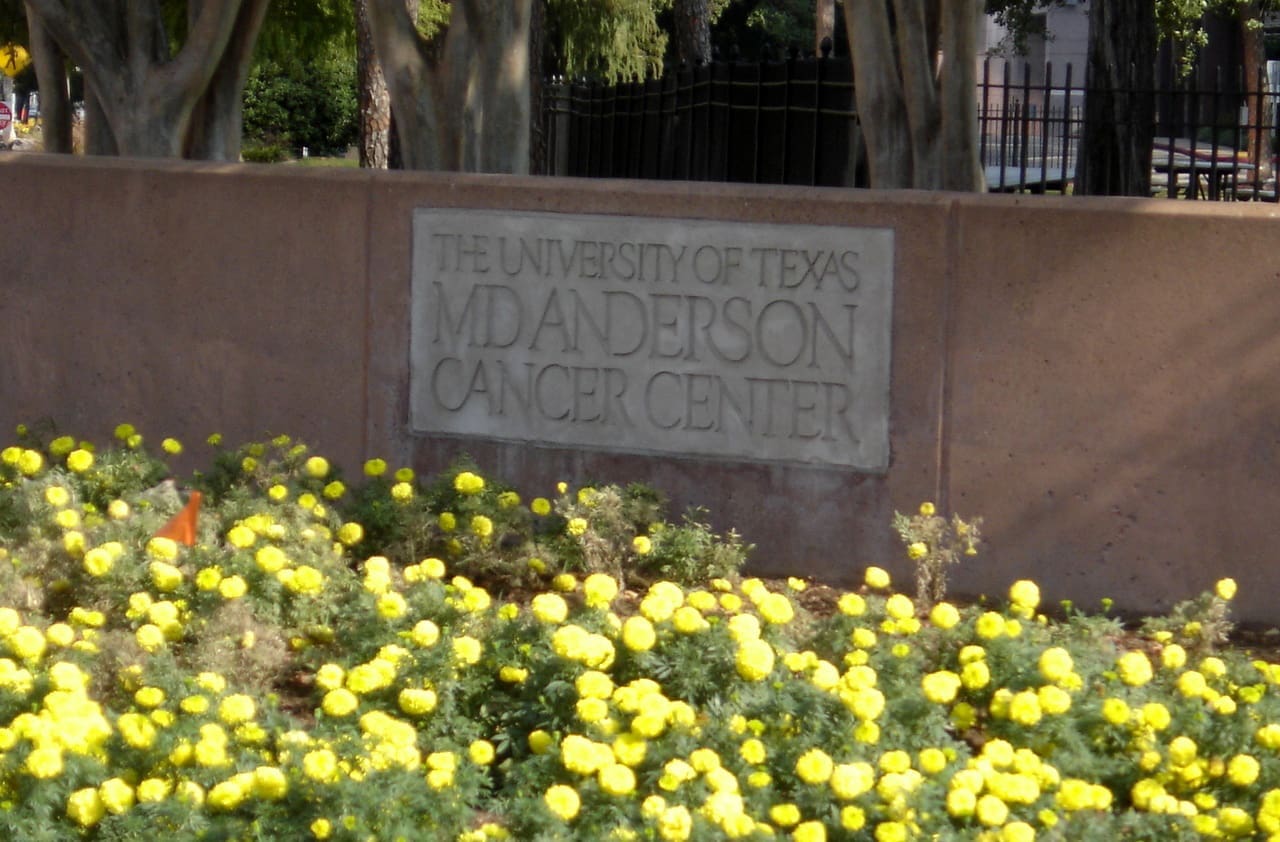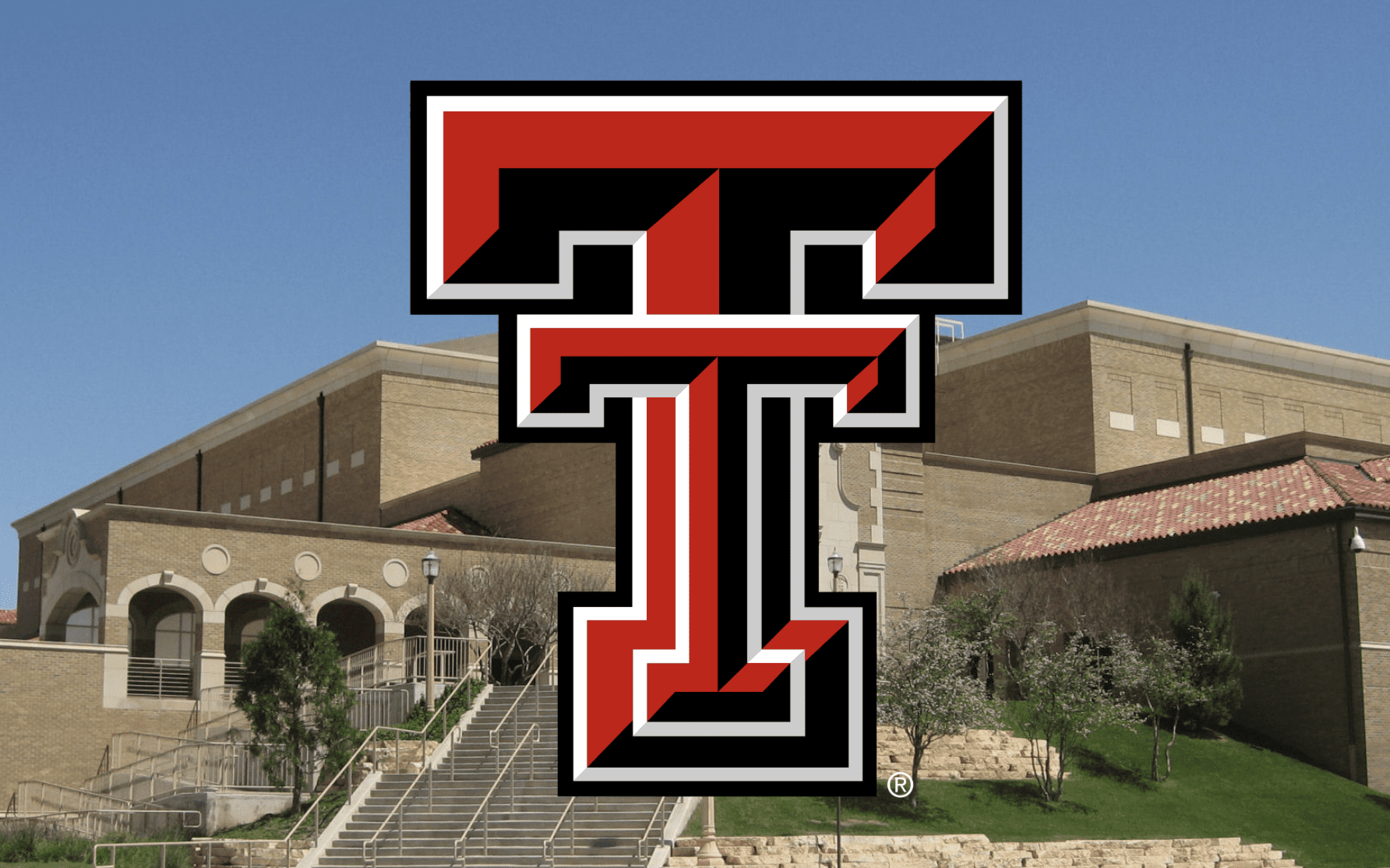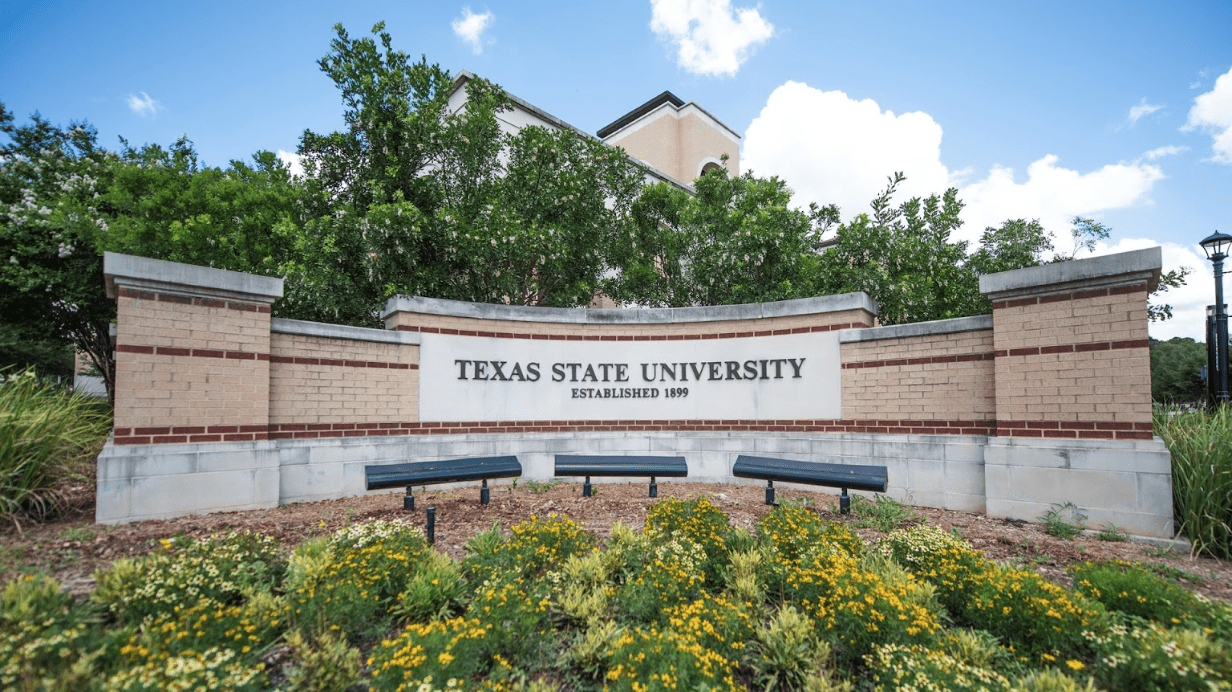This article has been updated since publication.
Harris County’s District Attorney Sean Teare has charged Yunhai Li, a 35-year-old former MD Anderson Cancer Center researcher, with attempting to steal and take proprietary cancer-related research back to China. This comes after multiple warnings about research security in Texas higher education.
According to CW39, charges were announced on August 25. Li is a Chinese national who obtained employment at MD Anderson on a research scholar visa. He was here from 2022 until this summer. MD Anderson is one of 12 institutions within the University of Texas System.
“As of July 1, 2025, Yunhai Li is no longer employed by The University of Texas MD Anderson Cancer Center,” the center wrote in a statement to Texas Scorecard. “Institutional leaders are working with relevant authorities on this matter.”
Per CW39, Li attempted to return to China on July 9, when U.S. Customs and Border Protection and Homeland Security Investigations found sensitive medical data in his possession.
Michael Lucci of State Armor, an Austin-based firm that assists states in responding to global security threats, said U.S. Dept. of Defense and NIH funds were associated with Li’s research.
The U.S. Office of the Director of National Intelligence’s 2025 Annual Threat Assessment identified Communist China as a hostile threat.
“I don’t know what MD Anderson’s policy is, but if you don’t actively monitor research security risk, this is the result,” Allen Phelps, CEO of research security firm IPTalons, told Texas Scorecard.
The central issue, Phelps noted, is the scope of similar incidents. He and others have recently raised serious concerns regarding research security.
Foreign Threats
Phelps previously warned that foreign influence groups linked to hostile nations like China and North Korea purposely target academic research institutions to access intellectual property, valuable trade secrets, and inventions.
He said that happens because “most of the critical technology that we depend on today for our economic and national security started its life off at a university.” Multiple universities in Texas, including those in the UT System, are also U.S. defense contractors.
Phelps said the work of these influence groups also threatens cancer research, as Chinese scientists working with American peers could develop a cure, then claim ownership. The CCP could then cut off its supply to the U.S.
A December 2024 Texas House committee report also highlighted the need for stricter security in higher education research.
Despite being targets, higher education institutions haven’t recognized the threat. “Universities have not been looking in any serious way to see if people they’re hiring are any security risk,” Lucci told Texas Scorecard. “That’s actually chilling to me.”
State lawmakers took action this year with a new law—House Bill 127—which goes into effect September 1. Lucci said the new law changes the crime Li is charged with from a class 3 felony to a class 2 felony and raises the penalty from 10 years to 20 years.
The Harris County District Attorney’s Office didn’t respond to a request for comment on how the new law affects its approach to Li’s case.
Lucci stated that Florida and Texas have taken a turn on this issue and are setting up serious research security screening, increasing penalties, and cutting off funds from foreign adversaries.
However, Phelps still sees issues in Texas. “In my opinion, there’s been no change in their posture regardless of their headlines,” he stated. “I don’t see anyone doing anything different … all they’re doing is talking.”
He noted that universities are taking “an academic approach” to research security, writing papers but not taking preventive measures. “Research security is not an academic exercise,” he said.
Li’s prosecution comes after President Donald Trump announced he’d allow 600,000 Chinese students into the U.S. The White House did not respond to a request for comment before publication.
Texas Scorecard asked the University of Texas, Texas Tech, University of North Texas, Texas A&M University, University of Houston, and Texas State University Systems for comment.
The University of Texas System provided a copy of its research security policies. It was asked if these policies align with federal research security guidelines, specifically National Security Presidential Memorandum–33 and National Institute of Standards and Technology Internal Report 8484. It did not respond before publication.
Texas Tech University System provided the following statement: “The Texas Tech University System continues to implement and strengthen a Research Security Program aligned with the requirements of NSPM-33 guidelines and NIST IR 8484.”
In a statement provided to Texas Scorecard, Gov. Abbott’s press secretary Andrew Mahaleris acknowledged that “foreign threats to our country are real, and we must safeguard against those who wish to harm us. We must continue to protect Texas from infiltration by hostile foreign actors, such as China.”
Mahaleris also noted that this week, Abbott signed a package of legislation that “protects Texans from hostile foreign adversaries, such as the Chinese Communist government. Texas will not allow CCP-affiliated entities to operate in our state, and violators of these laws will face severe criminal penalties.”
The other university systems did not respond before publication.





